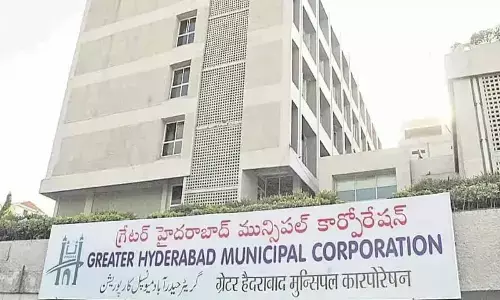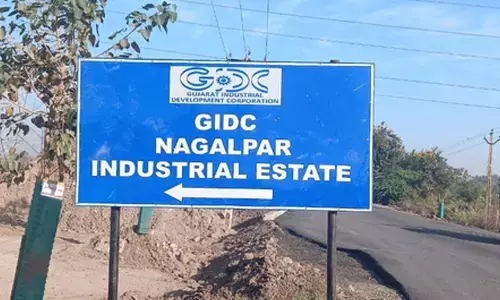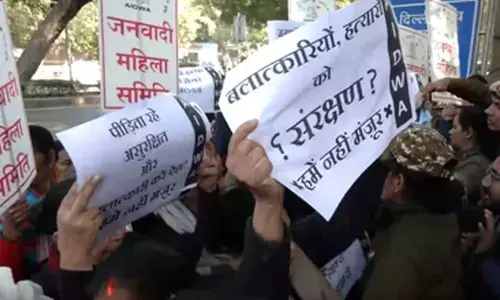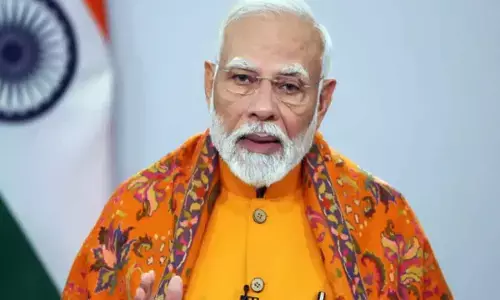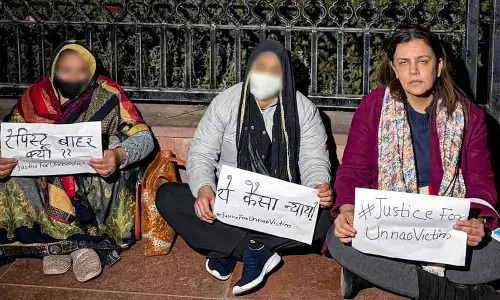Legally untenable
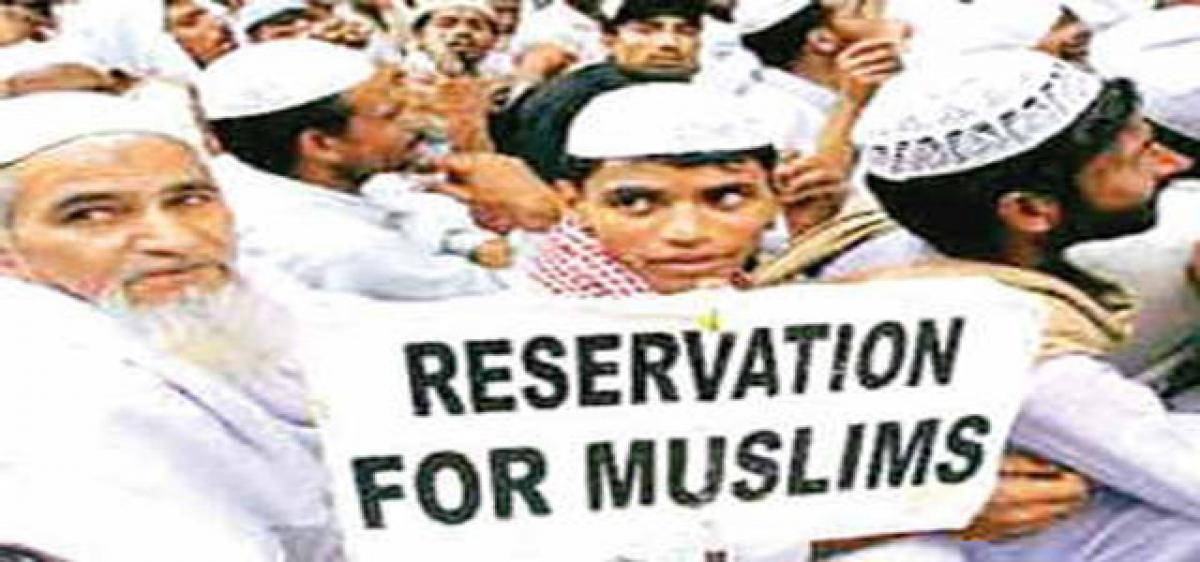
The Telangana government continues to promise Constitutionally impermissible 12 per cent reservations for Muslims.
The Telangana government continues to promise Constitutionally impermissible 12 per cent reservations for Muslims.
It’s intriguing to note the Chief Minister stating that the State would pressurise the Centre to enact quotas for Muslims.
The Telangana government seems to be keener to ensure its electoral promise, whatever be its outcome, so that it could conveniently shift the blame to the Centre if it is not cleared.
But, beyond these political theatrics, the Constitution is quite clear. Muslims account for little over 12 per cent of the State's population.
Promising 12 per cent quota commensurate with their share in population means that the government intends to bring all the Muslims under the quota benefits.
But, Muslims as a whole are not eligible for reservations as the Constitution clearly disallows religion-based quotas.
A constitutional amendment is not possible as giving religion-based quotas would have implications for the secular character of the Indian Constitution which is its basic feature.
The courts have already held that such reservations are unsustainable and violative of Article 14 (Equality before law) and other provisions pertaining to prohibition of discrimination by State on grounds of religion, race, etc.
Religion cannot be the basis for reservations. Similarly, it cannot also be the basis for excluding any section from such benefits.
The government can only provide reservations for clearly identified socially and educationally backward classes among Muslims. Courts have only upheld the principle of OBC sub-quotas for some backward Muslim groups.
Even if it does so, the attempt can hit yet another Constitutional road block as the overall reservations in the State would exceed judicially interpreted Constitutional limit of 50 per cent.
Any plan to adjust Muslim quotas within the present BC quota would invite serious backlash from backward classes as seen in case of Kapus in Andhra Pradesh.
Telangana government talks about following the Tamil Nadu model. But, the State no longer enjoys the luxury of Ninth Schedule of the Constitution.
The Supreme Court had already adjudicated that it can review any law placed under the Ninth Schedule if it is contrary to the basic structure of the Constitution.
The ruling TRS is also bound by its poll eve promise of providing 12 per cent reservations for tribals, thus taking the total quotas in the state much beyond the Constitutionally permissible limit.
The Muslim quota policy has to pass through valid technical tests, too, to be immune to judicial reversal.
The Article 16(4) of the Constitution permits “reservation of appointments or posts in favor of any backward class of citizens which, in the opinion of the State, is not adequately represented in the services under the State.”
But, the Telangana government talks about reservations in proportion to the share in population. The Constitutional position on Backward Classes reservations is essentially on the principle of ‘adequate representation‘ but not in ‘proportion to share in population,’ as sanctioned by Article 16(4) of the Constitution.
Extending reservations on the basis of share in population negates the concept of creamy layer, thus rendering it to be judicially unsustainable as per the Supreme Court verdict in Indra Sawhney's case (1992).










